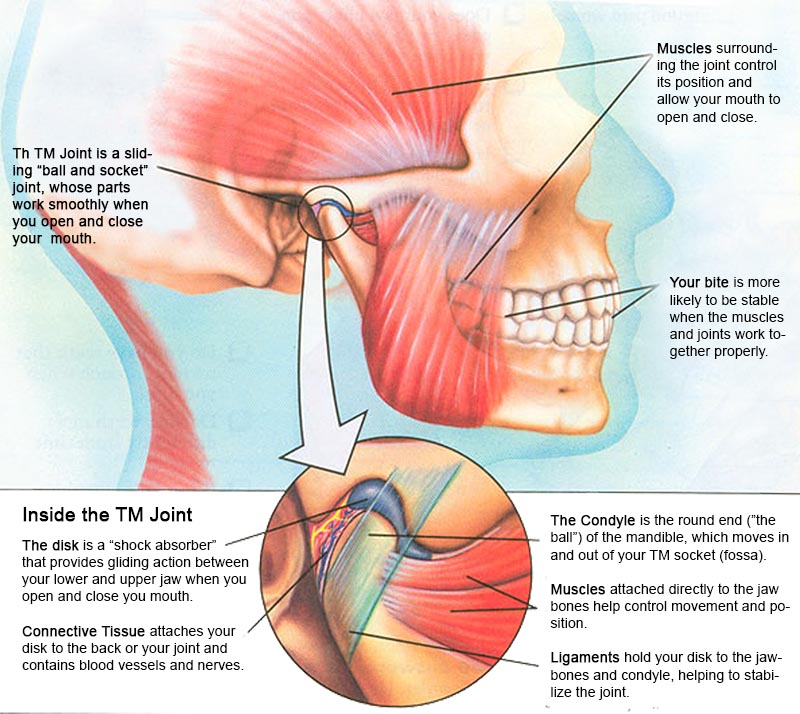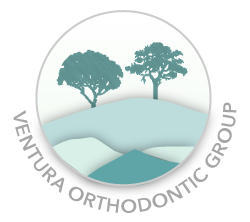
TMJ Disorder
The temporomandibular joints (TMJ’s) are the points where the lower jaw attaches to the skull. The TMJ is like a ball and socket, with the skull being the socket, and the top of the jaw bone is the ball. TMJ disorder or TMD is a term used to describe acute and chronic problems with the temporomandibular joint and it’s supporting and surrounding structures of muscles, ligaments, and tendons. Sometimes there is also the involvement of nerves and blood vessels.
COMMON SYMPTOMS OF TMJ DISORDER OR TMD:
- pain in the TM joints associated with or without jaw movements
- locking episodes of your jaw
- limited range of mouth movement
- facial pain or facial muscle fatigue
- noises in the jaw like clicking, snapping and popping
- frequent headaches and or neck aches and or earaches.

